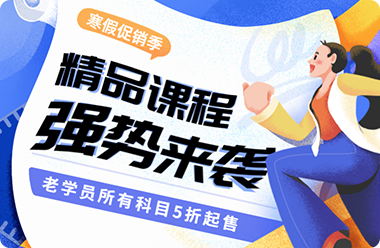Directions:For each blank in the followring passage, there are four choices maked A, B, Cand D. Choose the one that is most suitable and mark your answer by blackening the corres rponding letter on the Answer Sheet.
Where do cars get their energy from? For most cars, the answer is petro1. 21.some cars use electricity. These cars have 22_motors that get their power from large batteries.
In 23,there are even cars that have 24_an electric motor and a petrol motor. These types of cars are 25hybrid(混合) cars.
Most people tend to think of electric cars as a new 26
but they have been around for a 1ong time. In the 27_19th and early 20th centuries electric cars were common because the technology for petrol engines was not very advanced.
But 28_the petrol engine became easier to make and more powerful, this type of engines became the most 29. Interest in electric cars was high in the 1970s and 1980s because 30_became very expensive.
Recently; electric cars have again become wel1- liked because people want cars that pollute 31 Electric cars are better than petrol cars 32_several ways. The biggest benefit is reduced pollution.
In areas 35 there is a high percentage of electric cars, pollution is not that serious. The second benefit of electric cars is a 34_in the dependence on foreign oi1.
Several countries don’ t want to 3!on oil from other countries. Since electric cars can run on electricity from coal or nuclear power stations, there is less need to import oil.
A.rely
B.keep
C.hold
D.put
A.reduction
B.rise
C.need
D.start
A.what
B.which
C.where
D.when
A.at
B.on
C.in
D.by
A.less
B.few
C.more
D.much
A.cars
B.oil
C.power
D.motors
A.difficult
B.dangerous
C.comfortable
D.popular
A.before
B.until
C.after
D.unless
A.recent
B.late
C.beginning
D.last
A.instrument
B.intention
C.influence
D.invention
A.called
B.known
C.regarded
D.described
A.either
B.neither
C.both
D.all
A.time
B.addition
C.detail
D.summary
A.same
B.special
C.common
D.traditional
A.or
B.And
C.Nor
D.But
